Sahra Mohamed lives in Daynile district three miles from Mogadishu, the capital of Somalia, which is located in the Horn of Africa. The country is ravaged by a 25-year civil war. Government institutions/agencies hardly function. International non-governmental organizations and aid agencies provide services to the local communities albeit short-term and non-sustainable.
Sahra is 37 years old, a mother of eight children, all school going, and the sole bread earner of the family. Her husband is a victim of the civil war. She trades in camel and cow milk – buys from small-scale agro-pastoralist producers and retailers in the markets in Mogadishu. Everyday at 5 am in the morning she buys about 26-30 gallons of milk, boils it several times, packs it in single use, low grade, soft plastic containers, and takes it to the urban markets for sale. With an average day temperature of 300C in Mogadishu the milk spoils fast. That is a big loss for Sahra.
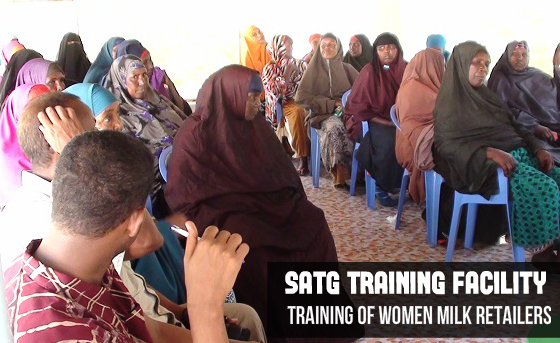 Somali Agriculture Technical Group (SATG) identified poor milk handling and hygiene as the major constraints to small-scale retail milk trade during its study on milk value chain in Somalia. Women dominate this trade. SATG provided training in improved handling and the best hygiene practices. They also provided in-kind micro-grants, in the form of cool boxes and specially designed food-grade hard plastic cans, to 234 women milk retailers. This allows the women to store fresh milk for 24 hours without spoilage. A miracle of science happened. There was no more milk spoilage leading to more sales and more profits. This led to increased income for women milk retailers.
Somali Agriculture Technical Group (SATG) identified poor milk handling and hygiene as the major constraints to small-scale retail milk trade during its study on milk value chain in Somalia. Women dominate this trade. SATG provided training in improved handling and the best hygiene practices. They also provided in-kind micro-grants, in the form of cool boxes and specially designed food-grade hard plastic cans, to 234 women milk retailers. This allows the women to store fresh milk for 24 hours without spoilage. A miracle of science happened. There was no more milk spoilage leading to more sales and more profits. This led to increased income for women milk retailers.
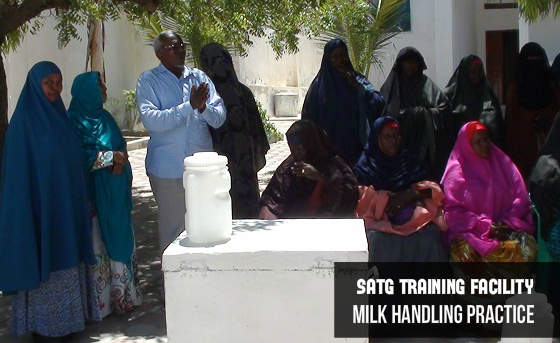 Sahra gratefully told SATG: “Now, the quality of milk is very good by storing it in the special cans in cool boxes packed with ice blocks. This makes the milk fresh till next morning. It was impossible with my previous way of milk marketing. My customers are happy because fresh milk is available day and night and it is of good quality. Now I am making more money. I used to get US$ 7 profit on a good day. Now I make on average US$ 20 a day. This will enable me to send my girls to school and hope to pay their school fees regularly.”
Sahra gratefully told SATG: “Now, the quality of milk is very good by storing it in the special cans in cool boxes packed with ice blocks. This makes the milk fresh till next morning. It was impossible with my previous way of milk marketing. My customers are happy because fresh milk is available day and night and it is of good quality. Now I am making more money. I used to get US$ 7 profit on a good day. Now I make on average US$ 20 a day. This will enable me to send my girls to school and hope to pay their school fees regularly.”
Ministry of Livestock, Forestry and Range was impressed by the positive impact of the initiative and appealed to milk producers and vendors to embrace this simple cooling and storage technology.
SATG is a registered non-profit association of Somali professionals and friends dedicated to assisting in the re-construction of Somalia. Its activities in Somalia include testing and transfer of new technologies in crop and livestock sectors to small-scale rural farming communities, commercial farmers and all stakeholders related to agricultural production and marketing. SATG seeks to improve the health and quality of life of children, youth, men and women, like Sahra, across all communities in Somalia.
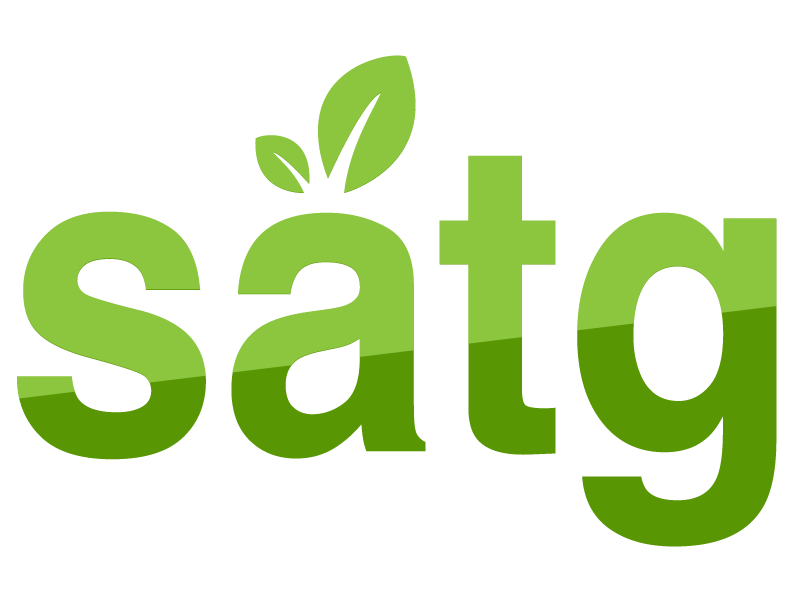
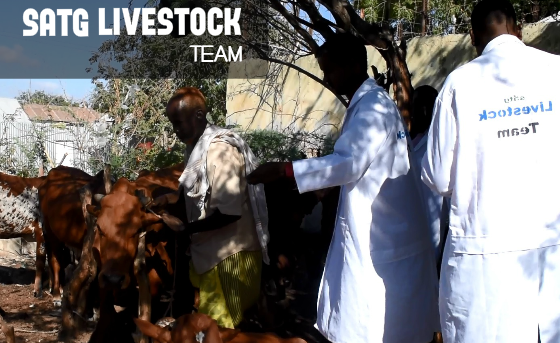

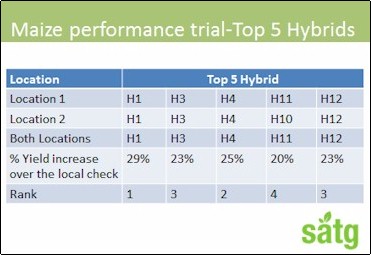
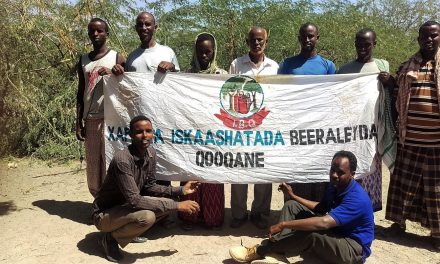
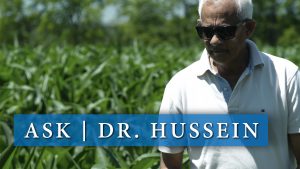
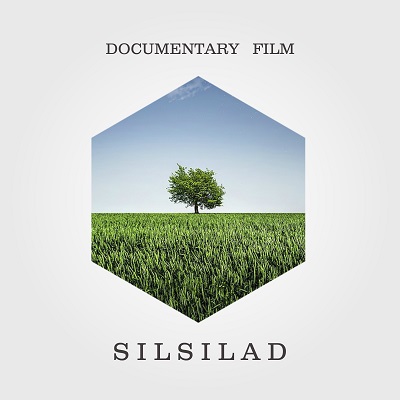
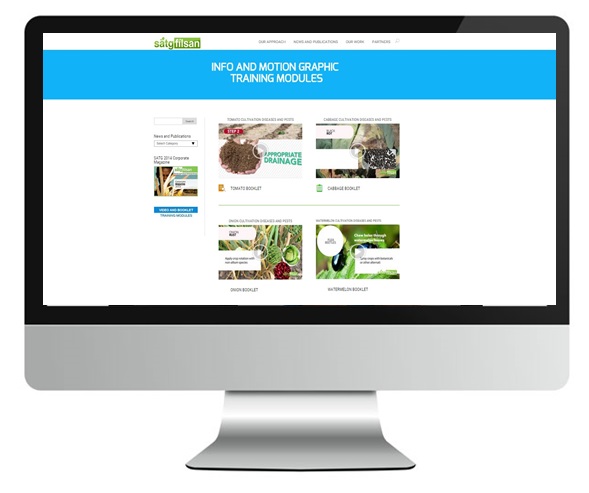
Recent Comments